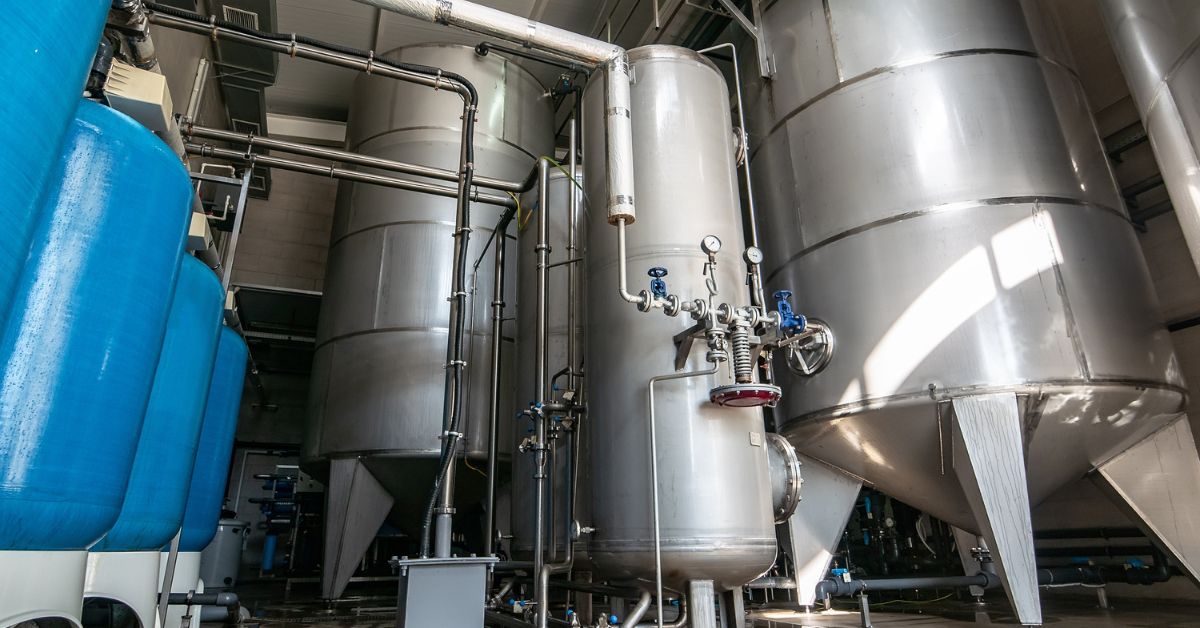4 Features Every Industrial Tank Must Have

If your business requires any sort of manufacturing, whether through a factory, mill, or other facility, you’ll need an industrial tank on-site. Industrial tanks are useful for holding many different materials, from fuel to food products to assorted chemicals and more. If you need to install a new storage tank, learn about four features every industrial tank must have. The right tank can ensure the safety of your employees and the quality of your goods.
Materials and Construction
Industrial tanks don’t seem to do much. They stand in one place and hold things. As far as industrial equipment is concerned, these tanks are gold bricks. But the truth is industrial storage tanks are working hard all the time. They are made of materials that can withstand tremendous pressure from the contents inside and difficult weather conditions on the outside. They must also withstand the corrosive and reactive effects of acids, bases, and rust while protecting their contents from contamination due to bacteria, vermin, and other outside forces.
Capacity and Design
Project what you intend to store in your future industrial tank and for how long. You don’t want to be caught short, needing 100,000 units of such-and-such but having a tank that can only handle 50,000 units. Consider your tank’s design and how it can accommodate daily business operations. Need to empty the tank’s contents into a train car or truck container? Look for a bottom-loading tank with a sloped floor inside. Handling volatile or particularly heavy materials? A ribbed tank design can handle the extra stress. Your tank will also require regular cleaning, so look into industrial tank cleaning services and find a tank that accommodates this.
Safety First and Foremost
Make sure the tank has safety features reflecting the contents.
- Pressure gauges monitor whether a tank is close to bursting.
- Overflow protection prevents wasteful and dangerous spills.
- Anti-vortex fittings and plates ensure liquids flow out easily while draining, preventing them from swirling and permitting air to enter the lines.
Make sure you can lock the tank and rig it with alarms and other monitoring devices that watch for dangerous leaks, ignition, explosions, and tampering.
Dry Cleaning Chemicals: Facts You Should Know
Customization?
Everything, even industrial tanks, can use a personal touch! Standard tank sizes are obviously the norm. Still, you could ask the manufacturer about available options to fit an unusual space, adding protective coatings inside and out, and fitting and compatibility with your facility’s machinery and logistics. Safety and industrial standards set forth by the US government will also come into play when purchasing a tank.
Those are just four features every industrial tank must have. There’s a lot riding on the quality of your facility’s tanks, so make sure to pick the right one.




